On February 16,Cari-Bois reported on Tobago’s disastrous oil spill which occurred on February 7 and leaked thousands of barrels of an oil-like substance off the island’s southern coast. In this follow-up story, marine ecologist, Jeniece Germain, explores the spill’s effects on livelihoods in Lambeau.
While authorities in Tobago continue their efforts to contain and clean-up the oil spilt from a barge which overturned off the island’s southern coast on February 7, residents in Lambeau are counting their losses.
Immediately following the spill, the Tobago House of Assembly (THA) and Institute of Marine Affairs (IMA) issued an advisory for people not to collect, sell and consume fish from affected areas which included Lambeau.
Since then, fisherfolk and restaurants in the area have reported losses.
In an interview, owner of Café Al Fresco in Lambeau, Alpheus Paul, told Cari-Bois that he is concerned about the spill’s long-term effects on business especially given his restaurant was negatively affected by the covid19 pandemic.

Paul explained, “We are feeling the full effect of it, as it (the oil) is right opposite us…it’s like about 20/30 feet away.
“We got plenty of reservations cancelled due to the oil. Sales have really dried up because he (THA Chief Secretary, Farley Augustine) has urged Tobagonians not to use the back road where the restaurant is.”
Paul said that workers have also complained about the air quality.
While Paul said he has tried to contact different agencies to get an update on the situation, he alleges that an official told him that “no one has dropped down, so it’s fine.”
On February 25, Paul’s restaurant announced on Facebook that it was temporarily closing its doors as a result of the oil spill.
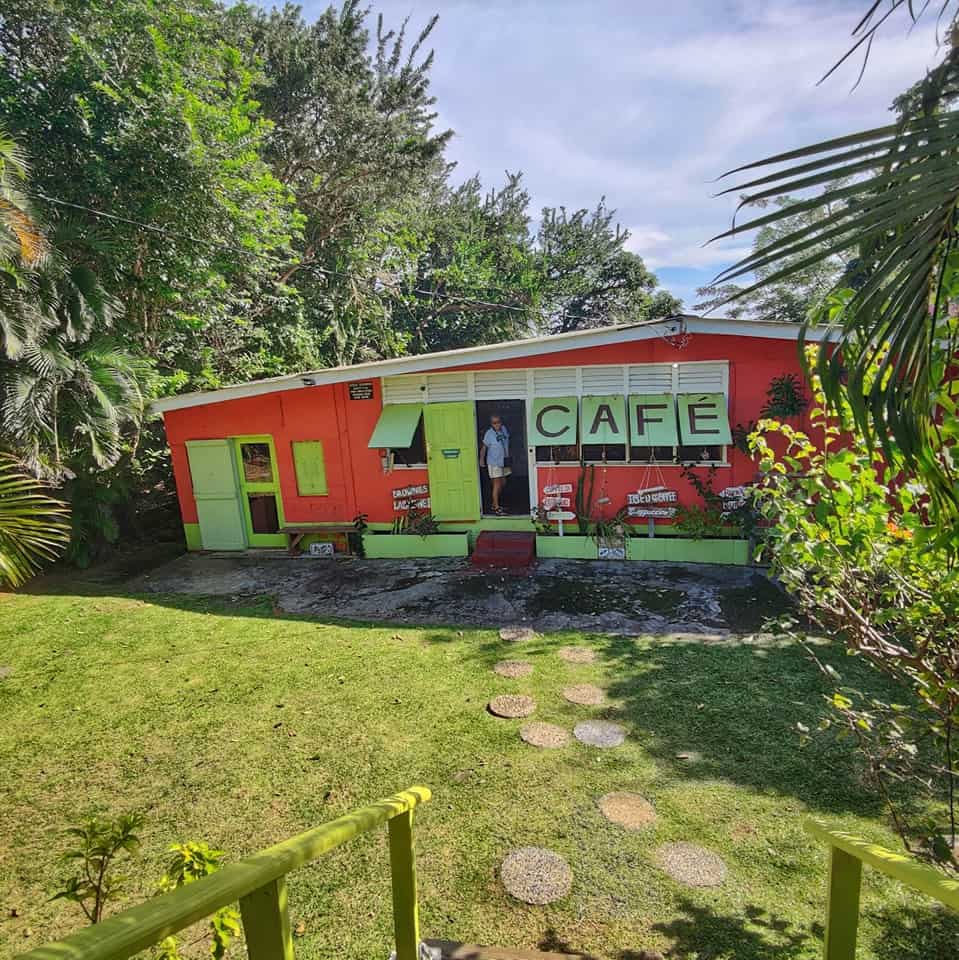
Nearby, fellow Lambeau restauranter, Giselle Beaubrun, told Cari-Bois that she was also concerned about the area’s air quality.
But Beaubrun added she felt comforted by THA officials who assured her the air quality was fine “even though the smells were strong.”
The owner of Shore Things Cafe & Craft, Beaubrun said that it has been business as usual at the restaurant though there have been a few cancellations since the spill started.
But she also expressed concern for other businesses in lower Lambeau as oil continues to leak from the overturned barge.
She exclaimed, “They keep pumping it [oil] out and it keeps coming in and coming back.”
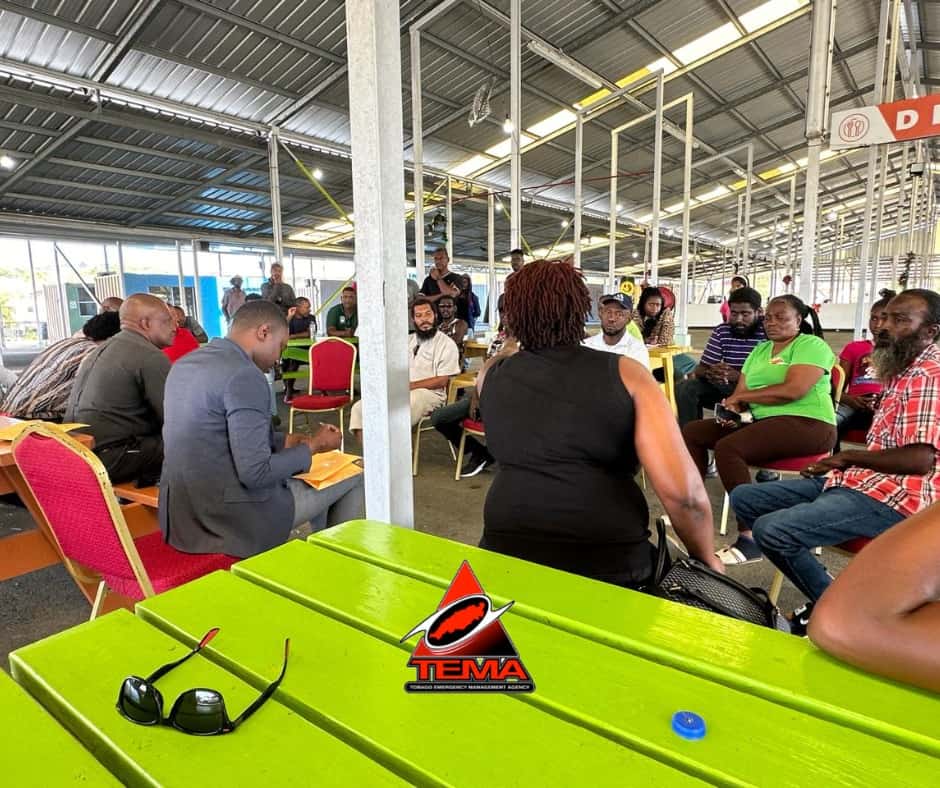
Lambeau fisherfolk are also feeling the effects of the spill given the ongoing Lenten season is usually a time of high demand for their catch.
Expressing his frustration, fisherman Edwin Ramkissoon told the Tobago Updates Morning on February 20 that some fisherfolk – like himself – have been unable to access their boats which were trapped in areas affected by strong concentrations of oil.
As such, Ramkissoon’s ability to fish in other areas – like some fisherfolk have relocated to Buccoo and the Shaw Park Food Hub – was affected.
He lamented, “I am very frustrated about the situation because I can’t go through the oil to go into the sea.”
Ramkissoon added he is most concerned about fisherfolk who are supporting their school-aged children.
In a recent interview with the Trinidad and Tobago Newsday, President of the Lambeau Fisherfolk Association, Ainsworth Daniel, said he is concerned about fisherfolk who may be using oil-stained boats and contaminating unaffected fishing sites.
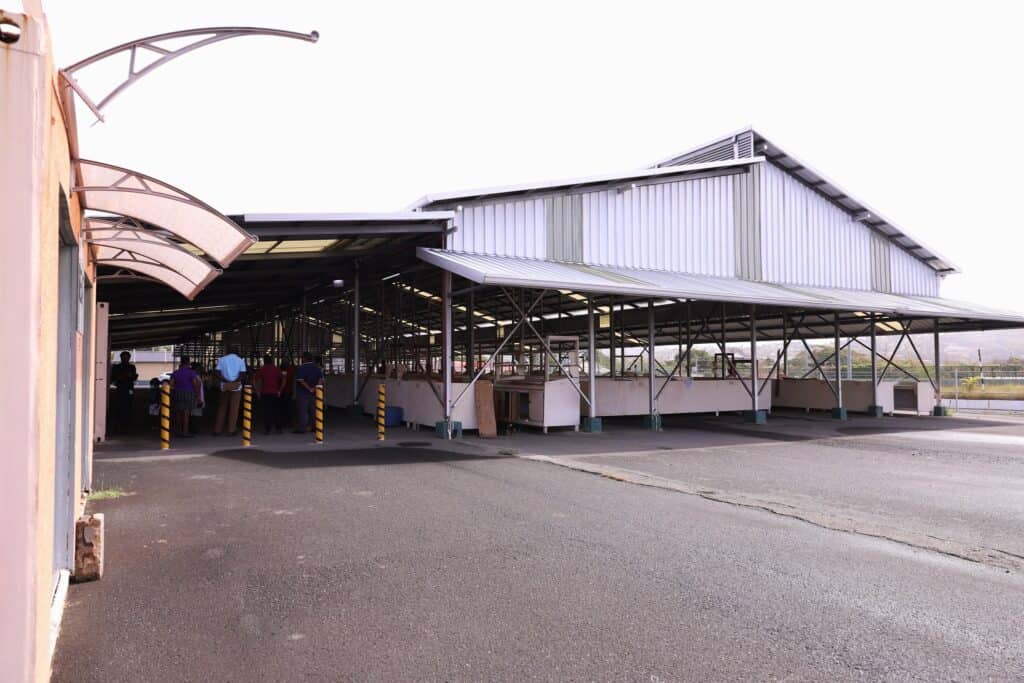
To date, the Tobago Emergency Management Agency (TEMA) has partnered Heritage Petroleum to assist fisherfolk with the cleaning of their vessels.
Some affected fisherfolk have also been able to access relief from the All Tobago Fisherfolk Association.
Chief Secretary, Farley Augustine, has also committed to sourcing monetary support for other fisherfolk.
Outside of business, the Scarborough Secondary and Lambeau Anglican Primary Schools were closed due to air quality concerns following the spill.
The THA’s Division of Education has been working with TEMA, and other relevant authorities, to conduct continuous air-quality testing at the schools and their surroundings.
For now, students of the affected schools are learning virtually until the all-clear is given for them to return to the classroom.
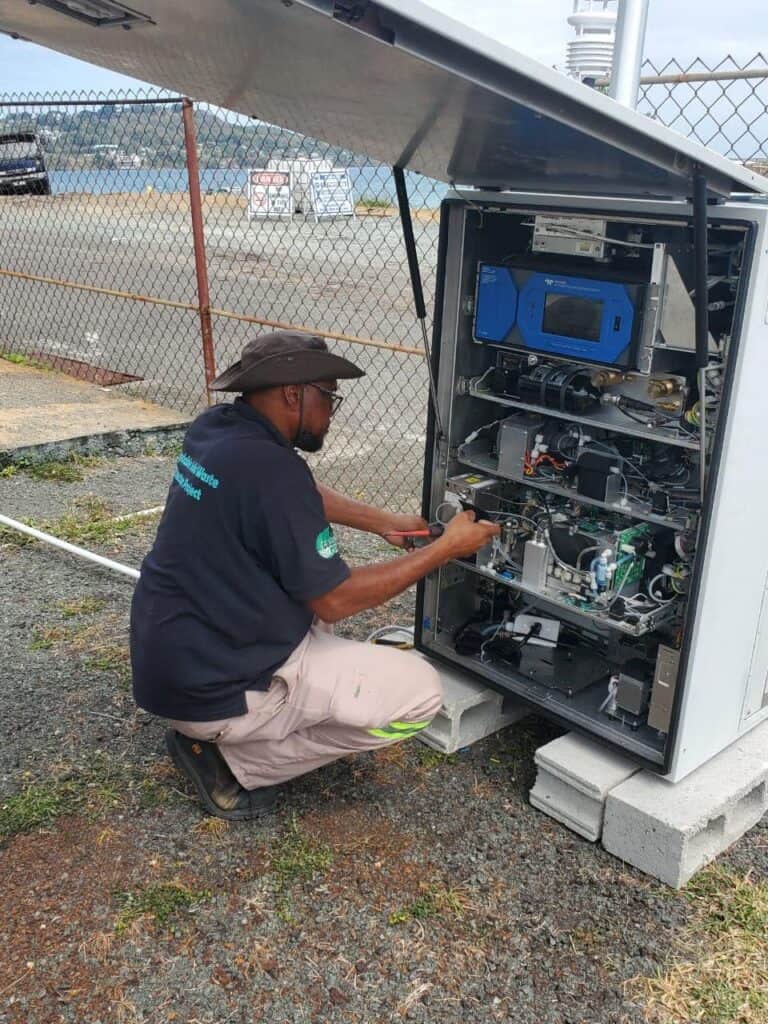
While clean-up efforts continue, oil embedded in rocky areas like lower Rockly Bay are challenging to remove and its residues may persist in the environment for the foreseeable future.
Though the island’s southeastern coast and communities have initially been hit the hardest by the spill, prevailing ocean currents continue to move oil further away from the spill site and a full picture of the spill’s effects on Tobago’s economy and livelihoods are yet to be determined.
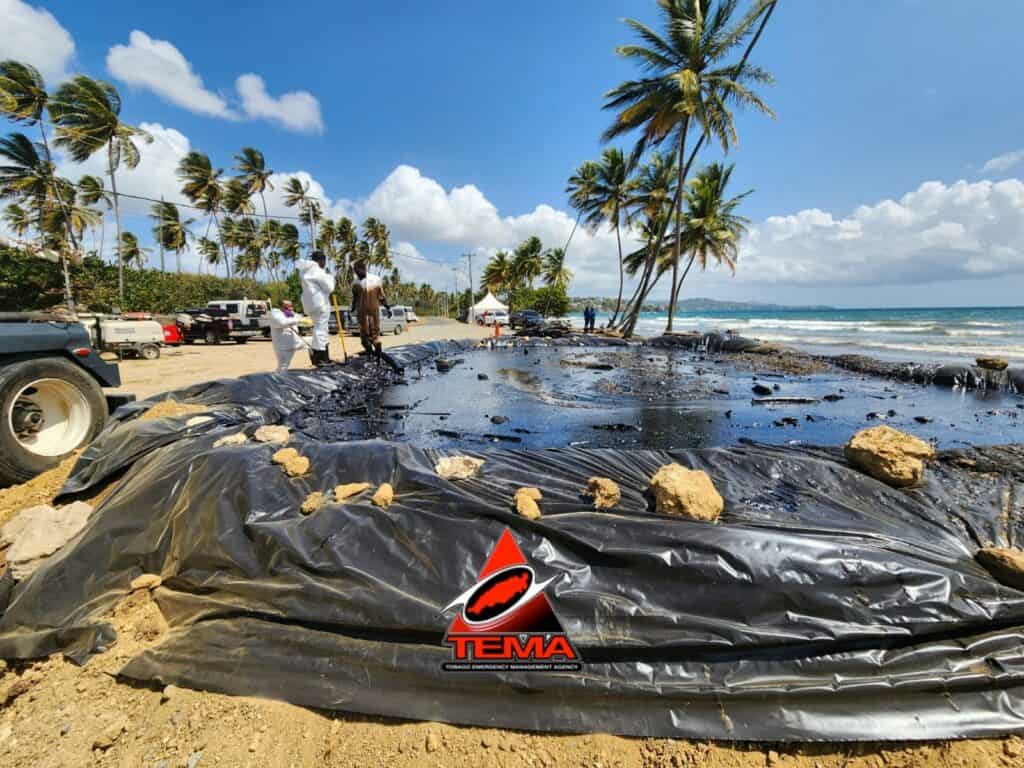
Updates on the Tobago Oil Spill:
- Progress is being made in cleaning and containing oil from the barge (identified as “Gulfstream”) that overturned off Tobago’s southern coast on February 7th
- Presumed to have been en route from Panama to Guyana, it is reported that the barge was estimated to be carrying as much as 35,000 barrels of oil
- In a recent media release by the Ministry of Energy, it was revealed that the barge’s oil was determined to be intermediate fuel oil (bunker fuel) by the IMA. Bunker fuel is a refined and relatively thick fuel used by most marine shipping vessels worldwide.
- TEMA has partnered with Tiger Tanks Company and Oil Mop Environmental Services to station tankers in Cove and Lambeau to suction oil
- TEMA has installed protective skirting alongside coastal roadways
- TEMA is receiving international assistance from QT Environmental in Minnesota and T&T Salvage LLC, a Texas-based company, to coordinate the removal of the overturned barge
- THA Chief Secretary, Farley Augustine, has estimated that at least 1900 barrels of oil are being collected daily from the spill site





